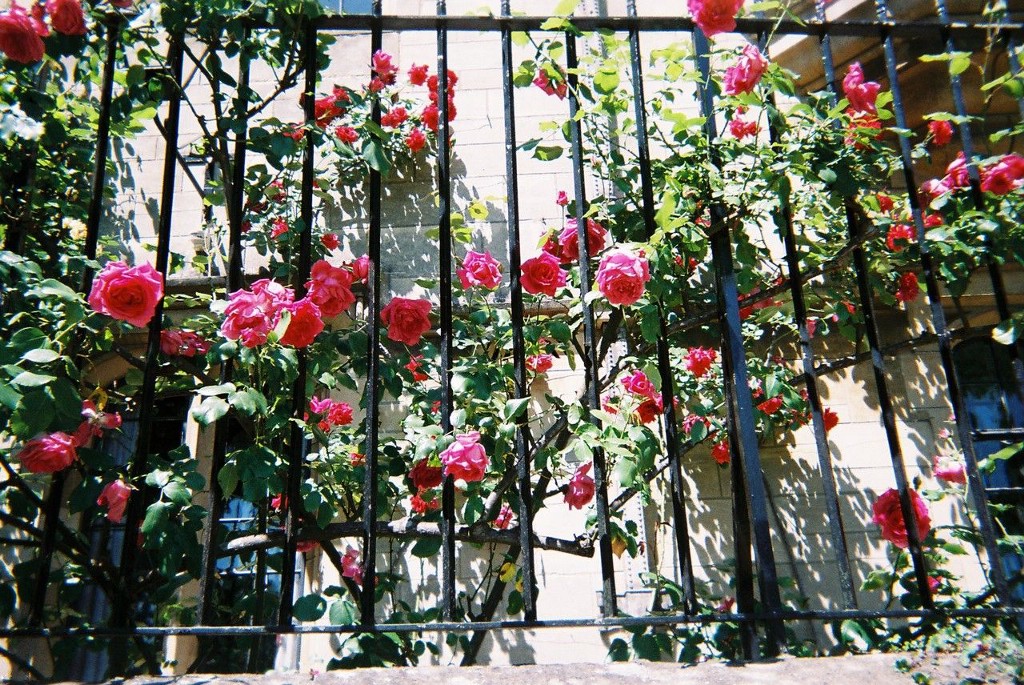The Shape of the Year
School is for childhood but summer holidays are forever.

Aristotle said that time is “a number of change with respect to the before and after.” I learned that in February, early on in the 2011 Spring semester. We were in “Time and Temporality in Medieval Literature” to learn about the clock shifting, warping, and disappearing. The classroom was always overheated. Every Thursday evening, the cold would be a surprise as we put down Aristotle, took the elevator down, and plunged into the black Cooper Square night like aristocrats falling off the Titanic.
I can’t look you in the eye and tell you exactly what Aristotle meant, because a lot of philosophy professors make their living wrestling that very question. But let’s start by agreeing that the past and future are way easier to conceive of than the present. As soon as you think about now, it is gone. It just slips away. But your brain can count instants, can watch events pass from future, through present, into past.
For most of us, the academic calendar comes to determine our experience of the year. We just have to do it for so long (although I don’t know how it feels to be home-schooled, of course). The year pulses through semesters until we leave school, then some of us return to a different type of school, then a lot of us have kids who go to school. At some age — I don’t know what — the school year gets stuck in our brains. We internalize “progress” as moving from one grade to another each fall, hauling ourselves up the great awful climbing wall of standardized testing and examinations. We escape into summer, take refuge in winter break. In answer to the question, how do I feel?, the mind first asks: well, what month is it?
That’s why 9 a.m. has the same feeling as September, decades after you’ve been done with homework. It’s the feeling of a beginning: good morning, get to class, sharpen pencil, new shoes, pick up the backpack. April and May are rising spring panic and buying flowers to block out the exams on the horizon. October is for waking every day into a dying fall, kicking leaves alone at the bus stop. August is a blackout, like the days between Christmas and New Year’s Eve.

The things I remember learning at particular times of year retain the flavor of their season. Algebra is the smell of blue ink and the bare branch scraping on the maths classroom window (thinking about Cathy in Wuthering Heights). The sound of a minor third played on the piano is snow. Cut grass feels like pounding and pounding the ground at cross-country, although my body can’t do that any more. Aristotle tastes like black ice New York air.
But right now it’s June, and the year is just done. Do you remember that part in The Lion, the Witch, and the Wardrobe, where C.S. Lewis describes how Aslan’s name make each of the children feel? Peter, the patriarchal big brother, “felt suddenly brave and adventurous.” Boring Susan “felt as if some delicious smell or some delightful strain of music had just floated by her.” But Lucy, the littlest and cleverest child, got the feeling that we all have now: “Lucy got the feeling you have when you wake up in the morning and realize that it is the beginning of the holidays or the beginning of Summer.”
This is the first summer of my life that isn’t beginning with a joyful and frantic sprint out of an examination room and into freedom. But I’ll always dream in June about GCSEs, the “General Certificate of Secondary Education” exams British kids take at around 16. I’ll dream about the morning I overslept and arrived an hour late for the English exam. I’ll dream about the spliff I smoked in the park with that girl with red hair after the final test. I’ll dream about the nosebleed I got, the answer booklet I stained. I dream this even though there is no freedom on the other side, because nobody is withholding my freedom to start with.
June is stasis, June is joy, June is in-between days. Heavy roses bending their stems. Foliage thickening and thickening in the streets. I feel June at 10 p.m. on a hot night, cigarette smoke on the bare-thigh air, for all the world as if I’m still in my school uniform. Take a minute to remember what summer meant, once! That hot freedom is still inside you, deep down. I hope you can remember that your liberty is yours and that June is waiting for you to run into it. After all, soon you’ll be sharpening pencils again, and breaking in a new pair of shoes.
Josephine Livingstone is a writer and academic in New York.
